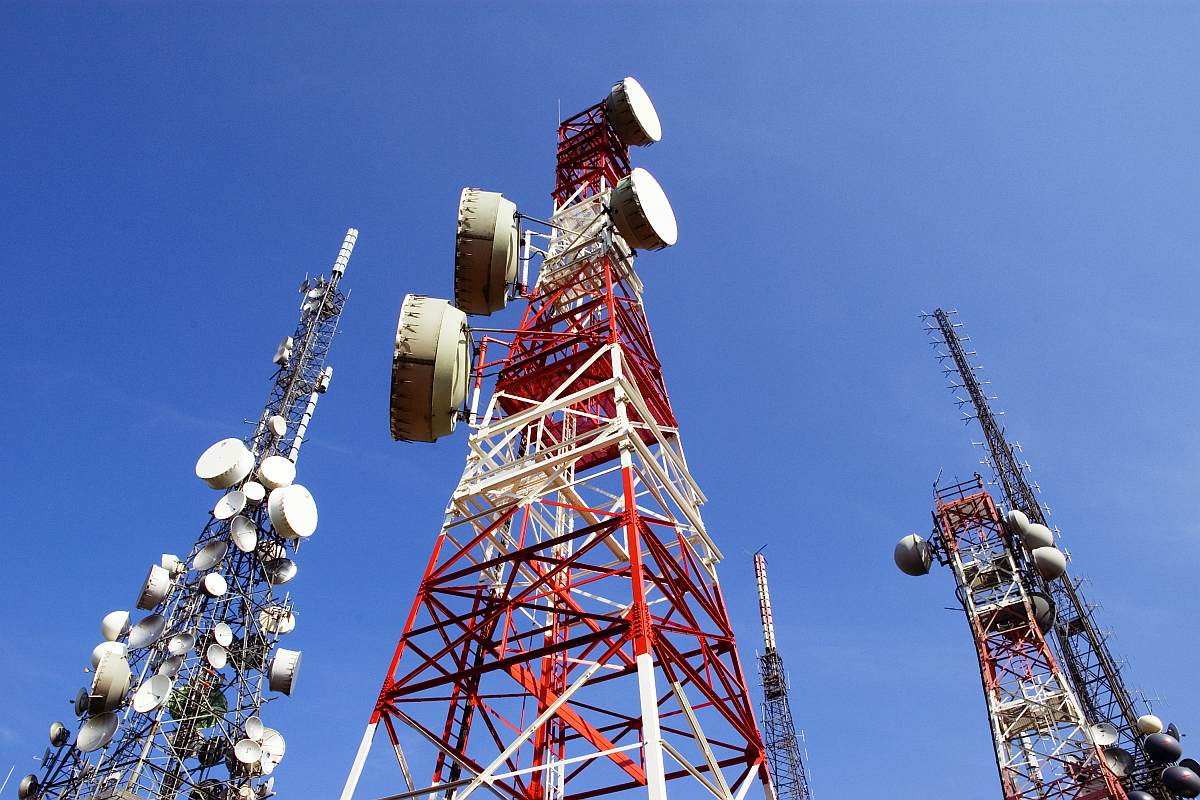In a move that could lead to trouble for Anil Ambani’s telecom business, the department of telecommunications (DoT) on Friday contended before the Mumbai bench of the bankruptcy tribunal saying that the spectrum should not be part of Ambani-owned Reliance Communications (RCom) and it’s subsidiary Reliance Telecom Ltd’s (RTL) debt resolution plan, the report said.
A report issued by Mint on Friday quoted a source as saying, “the DoT filed an affidavit detailing its objections, as directed by the National Company Law Tribunal (NCLT), and said that spectrum cannot be sold under the resolution process.”
The next hearing on the matter is scheduled for September 8, the report said.
The DoT’s objection comes a few days after the Supreme Court asked the government on how it plans to recover the due amount from the bankrupt telecom companies, which also includes Aircel and Videocon.
The NCLT earlier this week had directed the DoT to file their submission of objection by Friday.
On Thursday, reports surfaced that the Chinese Banks are set to receive 30 per cent or Rs 7,000 crore from RCom, RTL resolution plan, while the telecom department may get zero proceeds.
The Committee of Creditors (COC) has decided to give nothing to the DoT out of the total proceeds of Rs 23,000 crore from resolution plan, as the department is being considered as an operational creditor. While Chinese banks get the largest share of Rs 7,000 crore at 30 per cent, other foreign lenders will get Rs 2,300 crore or a share of 10 per cent. State Bank of India (SBI) and other Indian Banks will get Rs 13,000 crore from the proceeds.
RCom owes Rs 49,054 crore to its lenders and Rs 25,199 crore to the government as spectrum usage dues.












